-
×
 RARM - Rapid Anxiety Reduction Method Therapy by Karen Phillip & Wayne Phillip
1 × $31,00
RARM - Rapid Anxiety Reduction Method Therapy by Karen Phillip & Wayne Phillip
1 × $31,00 -
×
 Building Blocks of Adobe Illustrator CC By Jason Hoppe
1 × $5,00
Building Blocks of Adobe Illustrator CC By Jason Hoppe
1 × $5,00 -
×
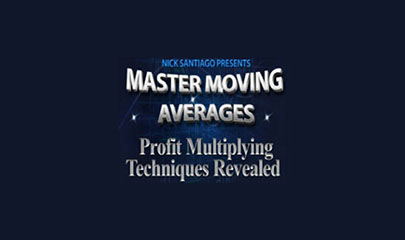 Master Moving Averages And Profit Multiplying Techniques By Nick Santiago And InTheMoneyStocks
1 × $54,00
Master Moving Averages And Profit Multiplying Techniques By Nick Santiago And InTheMoneyStocks
1 × $54,00 -
×
 Photoshop CC For The Web By Stone River eLearning
1 × $6,00
Photoshop CC For The Web By Stone River eLearning
1 × $6,00
The World Was Never the Same: Events That Changed History By Rufus Fears
$239,00 $5,00
SKU: KOB.53018qSaeBk
Category: Science
Tags: Events That Changed History, Rufus Fears, The World Was Never the Same, World
The world was never the same: Events that changed history – Instant Download!
Let’s embark on a captivating adventure to uncover remarkable insights that spark your curiosity and elevate your understanding
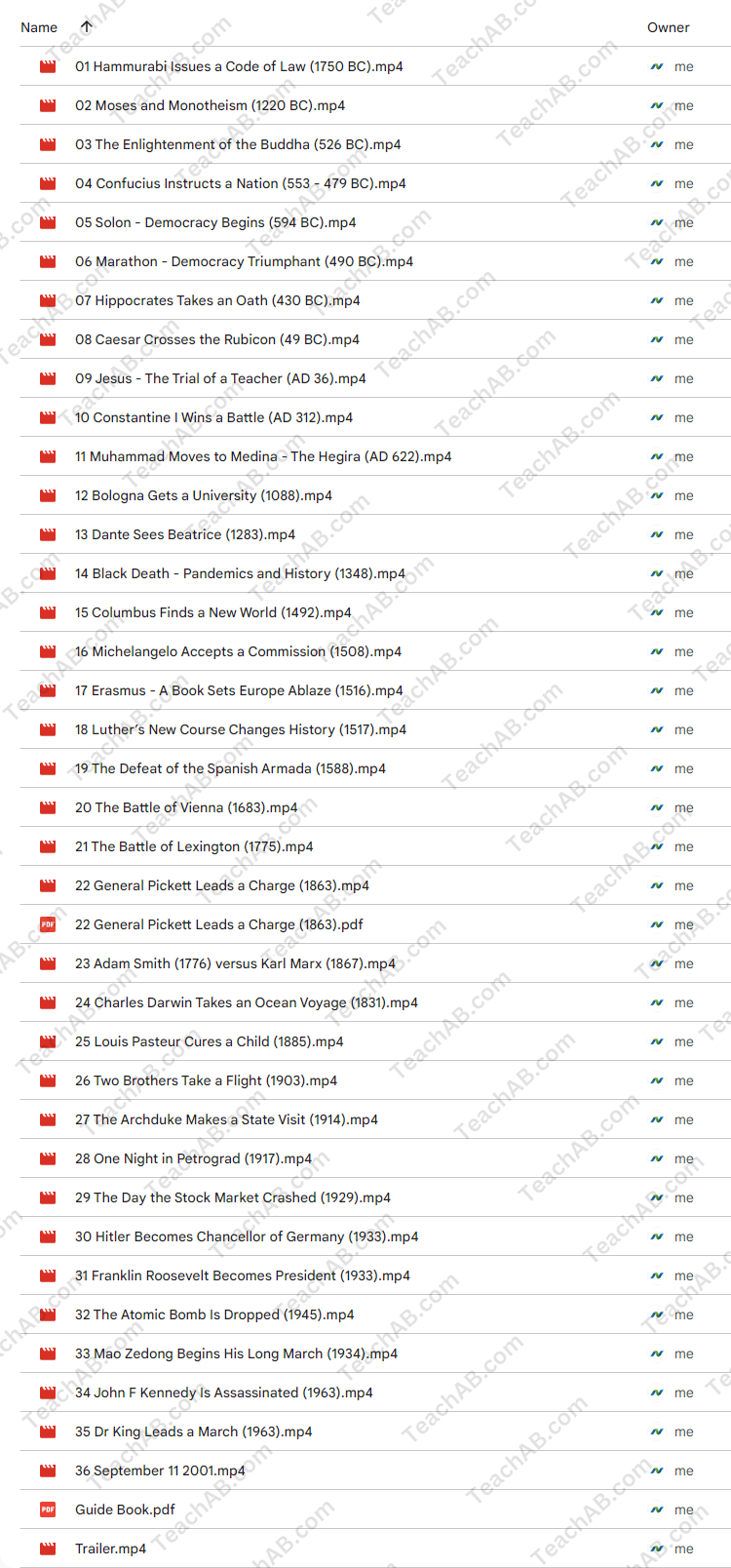
The World Was Never the Same: Events That Changed History By Rufus Fears
Overview

The world was never the same: Events that changed history
Introduction
In the kaleidoscopic panorama of human history, certain moments resonate louder than others, their echoes reverberating through the ages. Among these pivotal instances is the compelling narrative presented in “The world was never the same: Events that changed history,” created and narrated by Professor J. Rufus Fears. Released as part of The Great Courses series in October 2010, this audiobiography does more than just recount historical happenings. It weaves a rich tapestry of events that have fundamentally molded civilizations, revealing the intricate interplay of societal change, individual agency, and historical consequence. As listeners embark on this enlightening journey, they will encounter stories ranging from the Code of Hammurabi to the September 11 attacks, each selected based on criteria that emphasize historical significance, transformative aftermaths, and contemporary relevance. Fears’s engaging storytelling overlaps with profound lessons, ensuring a thoughtful exploration of both the past and its connections to the present.
The Concept Behind the Audiobiography
Criteria for Event Selection
One of the remarkable features of this series is how Professor Fears meticulously curates the 36 events. Each choice stands tall on three foundational criteria:
- Historical Significance: The event must have played a crucial role in shaping history. The creation of Hammurabi’s Code, for example, marked one of the earliest instances of codifying laws, setting a precedent that still influences legal systems today.
- Transformative Aftermath: The impacts following these events must have generated significant change. For instance, the fall of the Berlin Wall in 1989 did not merely symbolize the end of a division; it ignited a wave of political change across Europe, affecting the global socio-political landscape.
- Contemporary Relevance: The selected events should resonate with current societal issues. The September 11 attacks significantly affected global politics, security concerns, and notions of identity, making the discussion of these events feel timely and urgent.
Narrative Style and Engagement
Professor Fears employs a storytelling approach that elevates the lectures from mere recounting of facts to immersive narratives. He creates a bridge between the audience and the historical figures, making even the most distant past relatable. This method transforms facts into emotions, allowing listeners to grasp the weight of individual actions in shaping the broader historical narrative.
Moreover, Fears’s distinct delivery style is a fusion of historical profundity and engaging dialogue, keeping the audience captivated. However, while his storytelling resonates with many, it has elicited mixed reviews. Some listeners appreciate this narrative flair, while others express a desire for a more analytical and data-driven approach to historical events.
Key Events and Their Impact
Overview of Selected Events
Among the 36 pivotal events explored, a few stand out prominently due to their far-reaching implications:
- The Code of Hammurabi (circa 1754 BC): This blueprint for justice formed a foundation for legal frameworks around the world.
- The Birth of Democracy (5th Century BC): Ancient Athens’s experiment with democracy offers a critical study of governance that continues to influence political ideologies today.
- The Industrial Revolution (18th-19th Century): Sparked unprecedented societal shifts, marked by urbanization, technological advances, and transformations in labor.
- World War II (1939-1945): A cataclysm that reshaped borders, political landscapes, and human rights, emphasizing the consequences of global conflict.
Broader Lessons and Reflections
Fears emphasizes broader lessons gleaned from these historical events. Each story serves as a reminder of the consequences of actions both small and grand in shaping the world. For example, studying the birth of democracy allows one to reflect on the fragility of systems that protect freedom. The discussion surrounding World War II is not just about military strategies but about the human experience during conflict, bringing the harsh realities of history into a more relatable light.
These reflections push listeners to engage critically with history, prompting questions about current realities and the directions in which society might evolve. Events that seem distant now can find parallels in contemporary struggles for justice, identity, and governance, encouraging a dialogue that transcends time.
The Emotional Resonance of History
Connection to Human Experience
Fears’s approach not only details events but also taps into the emotional core of history. He articulates moments that challenge the listener to understand the human experience behind the dates and names. This connection is vital; understanding why an event mattered, and how it affected people’s lives can create a bridge to empathy and awareness in today’s world.
For instance, when recounting the tragedy of the September 11 attacks, Fears doesn’t just analyze the event’s geopolitical ramifications; he captures the palpable fear, confusion, and sorrow that enveloped people globally. Through vivid storytelling, he memorializes the lives lost and connects with the listeners’ emotions, rendering the past a living entity.
Case Studies of Human Agency
The series underscores the role of individual agency in shaping history. Fears brings forth tales of lesser-known figures who made extraordinary contributions during tumultuous times. For example, perhaps he recounts the lesser-celebrated heroes of the Civil Rights Movement, whose perseverance helped forge significant legal and social changes in America.
This focus on individual narratives presents a microcosmic view of larger events, illustrating how the actions of a few can ripple through society to incite monumental change. It unveils the layers of history, showcasing that not only does the collective matter, but individual decisions and moral courage can redefine the course of history.
A Controversial Yet Valuable Resource
Varied Audience Reception
Despite its strengths, “The world was never the same” garners varied reactions from its audience. Some praise the series for making history accessible and engaging, allowing neophytes and history enthusiasts alike to appreciate complex subjects. The storytelling approach captivates attention, making historical analysis feel less like a chore and more like an exploration.
On the other hand, critics of the series advocate for deeper analytical frameworks, insisting that a more conventional historical analysis would better serve thorough comprehension. They express concern that while engaging, the narrative might overshadow essential contexts and complexities intrinsic to the events under discussion.
Conclusion: A Reflection on Historical Transformation
Overall, Rufus Fears’s exploration of history through the lens of transformative events invites listeners to reflect on their own roles within the tapestry of human experience. It emphasizes that understanding the past is crucial for interpreting our present and shaping our future. The interplay of individual actions and broader social movements underscores a powerful truth: history is alive, messy, and in constant flux. By grappling with these events, we not only comprehend the weight of historical moments but also recognize our capabilities in influencing our own narratives.
In conclusion, while the audiobiography may elicit differing tastes in its delivery, it undeniably provides valuable insights and reflections on the events that have shaped our world, elevating “The world was never the same” into a profoundly thought-provoking resource for anyone interested in the complexities of history.
Frequently Asked Questions:
Innovation in Business Models: We use a group purchase approach that enables users to split expenses and get discounted access to well-liked courses. Despite worries regarding distribution strategies from content creators, this strategy helps people with low incomes.
Legal Aspects to Take into Account: Our operations’ legality entails several intricate considerations. There are no explicit resale restrictions mentioned at the time of purchase, even though we do not have the course developers’ express consent to redistribute their content. This uncertainty gives us the chance to offer reasonably priced instructional materials.
Quality Control: We make certain that every course resource we buy is the exact same as what the authors themselves provide. It’s crucial to realize, nevertheless, that we are not authorized suppliers. Therefore, the following are not included in our offerings: – Live coaching sessions or calls with the course author.
– Entry to groups or portals that are only available to authors.
– Participation in closed forums.
– Straightforward email assistance from the writer or their group.
Our goal is to lower the barrier to education by providing these courses on our own, without the official channels’ premium services. We value your comprehension of our distinct methodology.
Be the first to review “The World Was Never the Same: Events That Changed History By Rufus Fears” Cancel reply
You must be logged in to post a review.

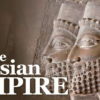
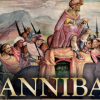

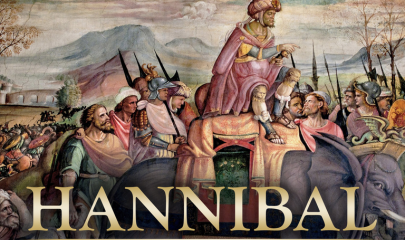
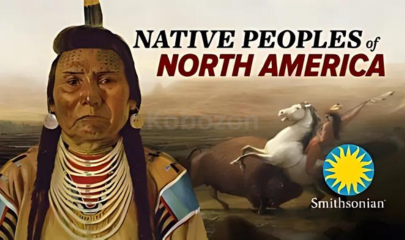
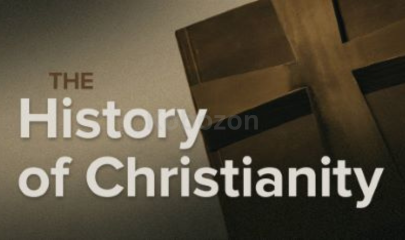



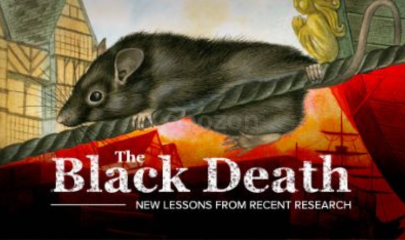


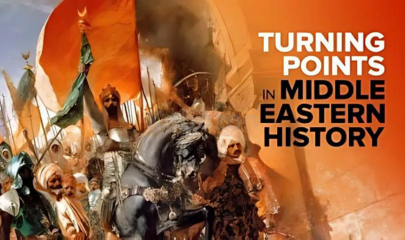




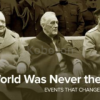
Reviews
There are no reviews yet.